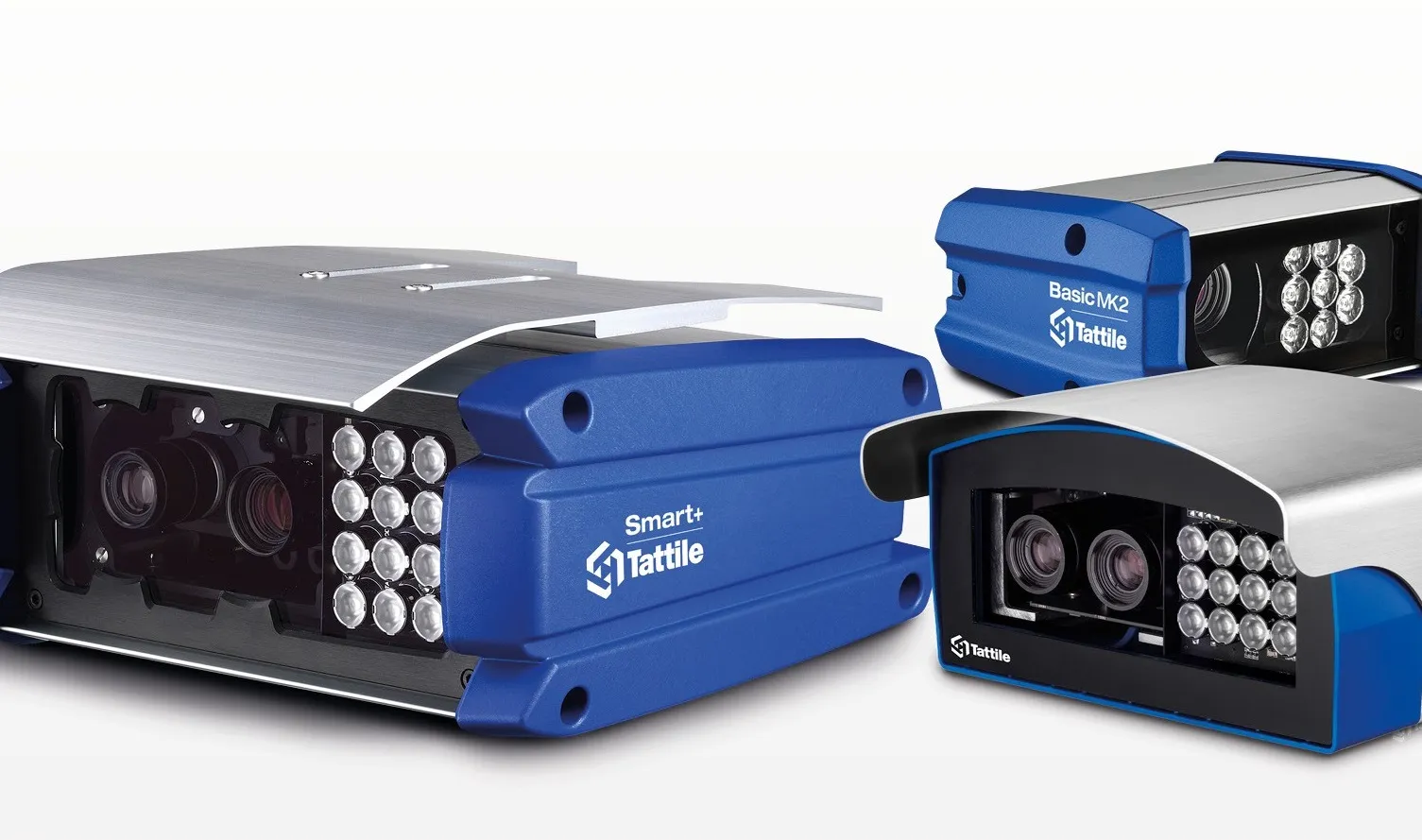
Tattile has achieved two key cybersecurity certifications for its products: IEC-62443 (focused on software security) and ISO-27001 (infrastructure IT security).
The Italian company, which specialises in cameras for ITS applications, warns that security bugs are growing, and cites research from Cybersecurity Ventures that the global annual cost of cybercrime is estimated to exceed $20 trillion by 2026.
ANPR cameras are not exempt from cyberattacks for several reasons, the manufacturer says: "Being placed in public areas, they could be approached by ill-intentioned people. Working inside the interconnection of networks, cameras can be part of larger systems and interconnected with other devices and systems."
Cameras may be vulnerable to unknown threats if they don't receive regular updates from the manufacturer or users due to software and firmware vulnerabilities, Tattile adds.
The company developed its Stark software platform from scratch, using the DevSecOps methodology and says it planned from the start to achieve the double cybersecurity certification.
IEC-62443 been established by several global testing, inspection and certification bodies, defining elements such as test methods, surveillance audit policies and public documentation policies.
Tattile says the DevSecOps methodology reduces risk via dedicated tools that continuously analyse all the code bases, and ensures products are secure by design.
Also, as new cyberattacks continue to emerge, security patches and related software updates need to be applied to the system: Stark by Tattile provides "at least 12 annual updates", the company says.
Meanwhile, ISO/IEC-27001:2013 (ISO-27001) ensures that the processing of information (including data provided by customers) is compliant with international standards such as GDPR.










